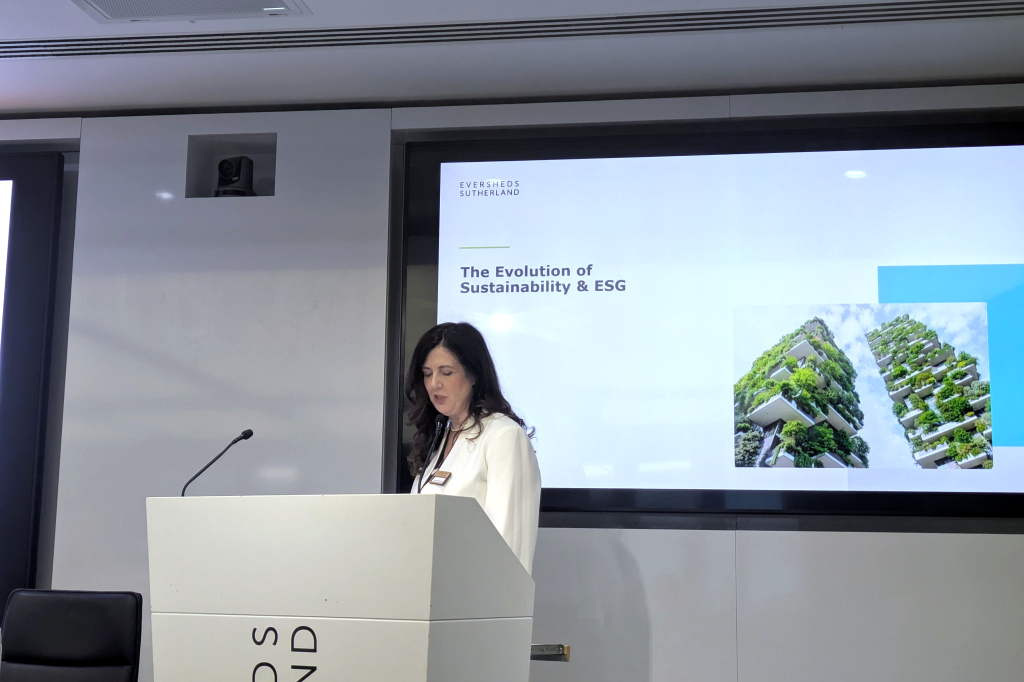Helen Tabunshchyk, Director of WWCode London, sat down with Global Relay development engineers Maribel Dapeton and Bhavani Magam to discuss the future of tech, automation, and essential non-technical skills.
Helen Tubunshchyk: “With so many women leaving their careers mid-way, it’s empowering to meet truly senior technical women who come from
Register for free to keep reading
To continue reading this article and unlock full access to GRIP, register now. You’ll enjoy free access to all content until our subscription service launches in early 2026.
- Unlimited access to industry insights
- Stay on top of key rules and regulatory changes with our Rules Navigator
- Ad-free experience with no distractions
- Regular podcasts from trusted external experts
- Fresh compliance and regulatory content every day













